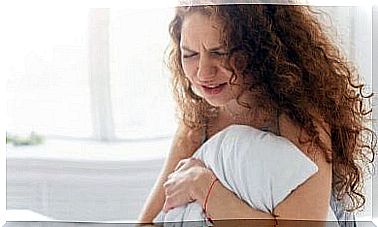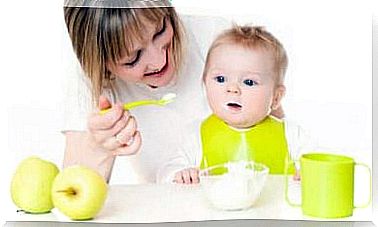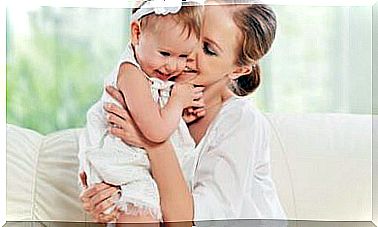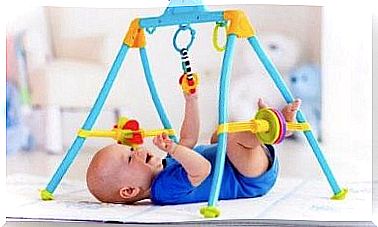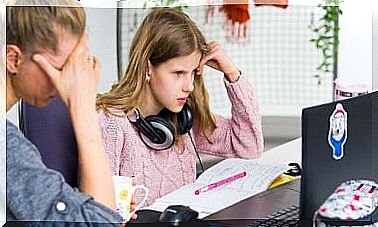At What Age Is It Too Late To Become A Mother?
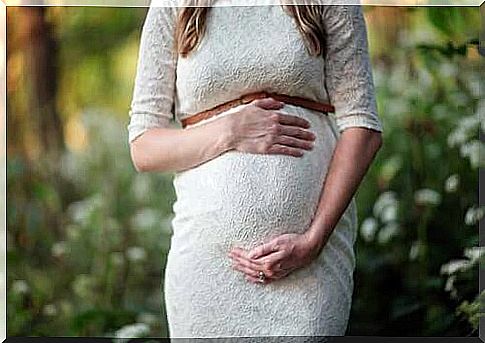
In many countries, including Finland, the average age of first-time mothers has clearly risen and will continue to rise. There are many reasons for this, but examples include the prolonged glorification of a childless life, financial reasons, a woman’s desire to invest in her career, and a concern to combine work and parenting. Today, it is common for a woman to start thinking at some point at what age it is too late to become a mother.
At what age is it too late to become a mother?
The well-established concept in medicine is that from a biological point of view, the ideal for pregnancy is less than 25 years. According to many experts, a woman’s best fertile age is 20-30 years and a moderate 30-35 years. About one in ten expectant mothers is estimated to be at least 35 years old.
However, becoming a mother over the age of 35 is associated with an increased risk of complications during pregnancy. For example, the risk of miscarriage and child chromosomal abnormalities increases. Medical statistics show that up to 30% of women who become pregnant at the age of 35 suffer from some form of pregnancy complication.
The most common problems are gestational diabetes, uterine bleeding, and hypertension – the latter of which is also the most common cause of preterm birth. Every tenth birth of mothers over the age of 35 starts too early. Fortunately, however, all of these risks are measurable and controllable with the support of a physician.
A woman’s age affects not only spontaneous conception, but also pregnancy caused by fertility treatments. In both ways, the chances of conception are better when a woman is young. However, individual differences are large, and many women can still have children at the age of 40-45. According to statistics, 117 children over the age of 45 were born in Finland in 2015.

The benefits of becoming a mother at an older age
Although the high age of the expectant mother increases the risk of complications during pregnancy, everything related to having children over the age of 35 is by no means negative. Although pregnancy at this stage in life brings with it its own risks, in general, pregnancy can be carried normally until the end, and there are also certain benefits associated with the age of the mother.
- A study published in the Journal of the American Geriatrics Society reveals that becoming a mother after the age of 35 improves a woman’s intellectual abilities. The study also found that women who experienced their first pregnancy over the age of 35 had better results in tests measuring alertness, problem-solving ability, and verbal abilities.
- According to experts, a woman over the age of 35 understands her own body better, so she is able to take better care of herself. He may pay more attention to, for example, nutrition and physical fitness.
- According to a 2014 study, women who gave birth to their first child at age 33 may live longer than women who gave birth before that age. A study at Boston University, on the other hand, found that women who give birth for the first time at age 35 are twice as likely to live to age 95 as women whose last child was born when the woman was under 30 years old.
- The socioeconomic balance that women seek is usually achieved at the age of about 34, making this age a time when a woman often begins to consider becoming a mother.
- Pregnancy over the age of 35 is usually planned and highly desired. Because of this, the baby is probably taken very good care of and is greatly loved.
- Emotionally and psychologically, couples tend to be more stable at this point in their lives.
- Parents who want a child at a later age avoid the reflection that many things went unexperienced before pregnancy.

